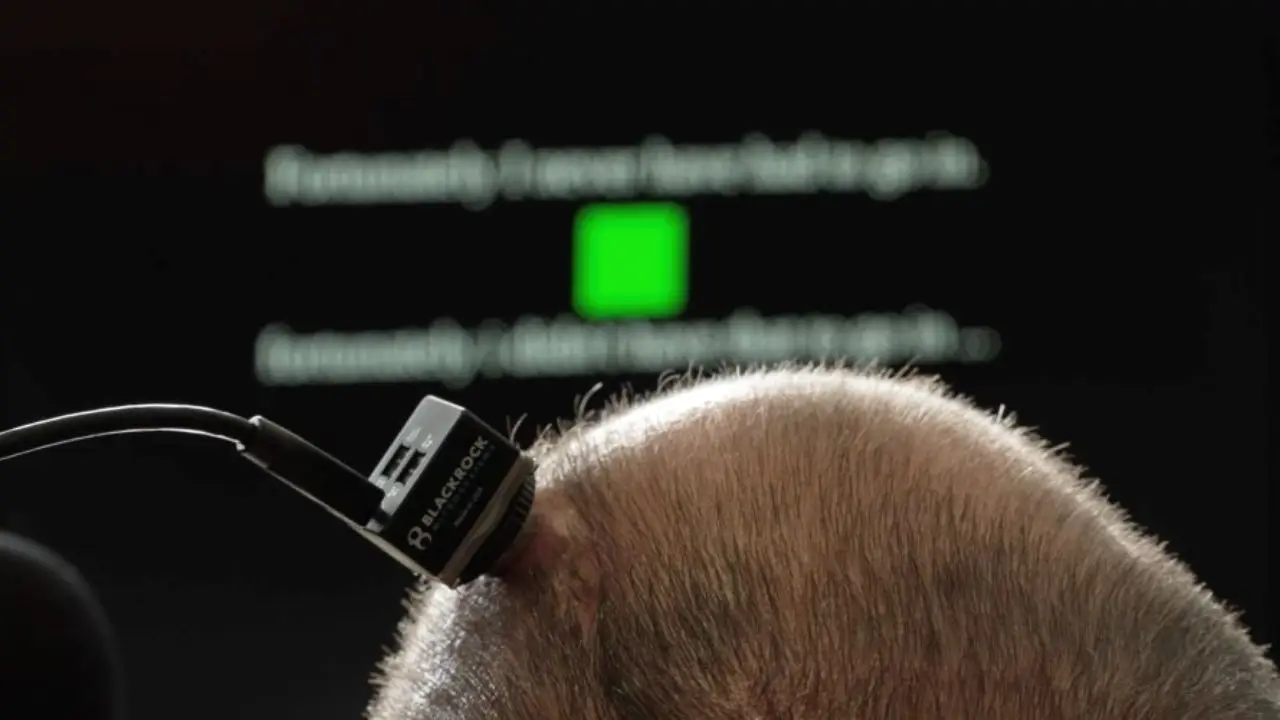Amazon launches first batch of Kuiper internet satellites to compete with SpaceX’s Starlink

Amazon’s Project Kuiper enters the race for the mega constellation market with the successful launch of its first batch of internet satellites on Monday night. The United Launch Alliance’s Atlas V rocket carried 27 Project Kuiper satellites into orbit, where they will eventually reach an altitude of nearly 630 kilometers. Named after the frigid fringes of our solar system beyond Neptune, these satellites aim to provide fast and affordable broadband service around the globe.
This launch follows the deployment of two test satellites in 2023, also by an Atlas V. Project officials have made significant upgrades to the newest version, including coating the satellites with a mirror film designed to scatter reflected sunlight in an effort to accommodate astronomers. However, concerns have been raised by stargazers who fear that the growing constellations of low-orbiting satellites may spoil observations and increase the risk of satellite collisions.
Founded by Jeff Bezos, Amazon plans to launch over 3,200 Project Kuiper satellites into orbit, competing with SpaceX’s Starlink constellation, which has already deployed more than 8,000 satellites since 2019. Elon Musk’s company marked its 250th Starlink launch on Sunday night, with over 7,000 satellites still in orbit some 550 kilometers above Earth. Additionally, the European-based OneWeb satellite constellation consists of hundreds of satellites in an even higher orbit.
Amazon has secured rocket launches from United Launch Alliance and Blue Origin for Project Kuiper, demonstrating a commitment to expanding its satellite network. Rajeev Badyal, the project’s vice president, emphasized the importance of learning from the in-flight experience, despite extensive testing on the ground. He expressed optimism for the future of Project Kuiper, stating that “this is just the start of our journey.”
The successful launch of Amazon’s Project Kuiper satellites comes after a delay due to bad weather earlier this month. With a spot secured in the launch lineup at Cape Canaveral Space Force Station, Amazon is poised to make a significant impact in the satellite internet market. As the competition heats up in the mega constellation industry, Amazon’s entry promises to bring innovative solutions to global connectivity challenges.



